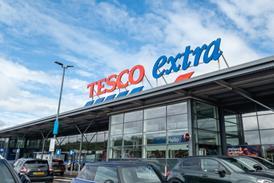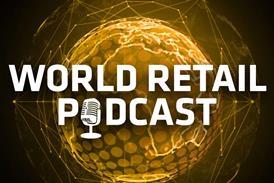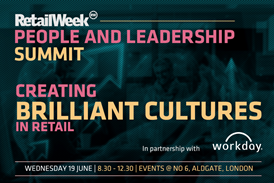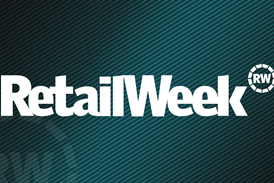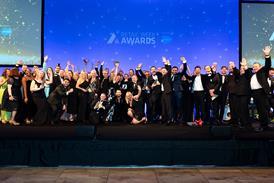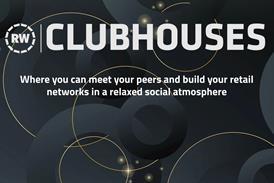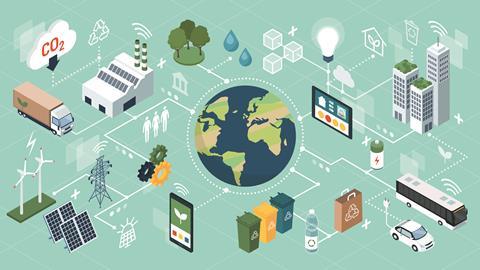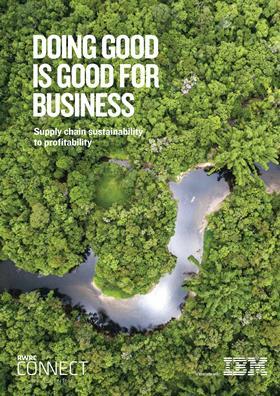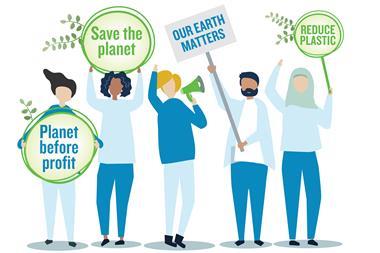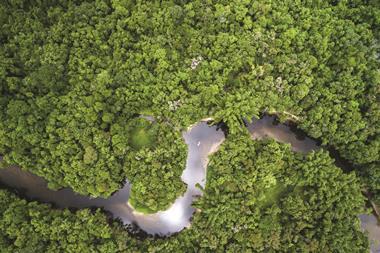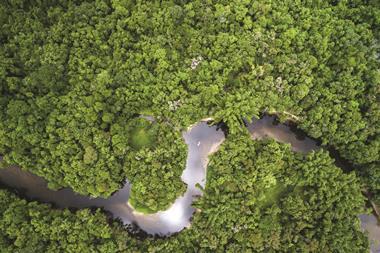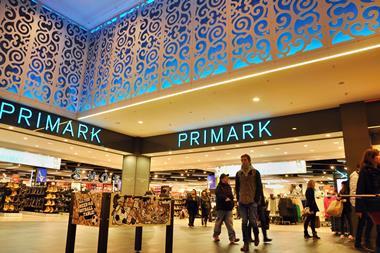The dictionary definition of ‘purpose’ reads: ‘The reason for which something is done or created, or for which something exists.’
For a commercial organisation, purpose is a clear and unmistakable statement of intent. The ‘why’ the business exists, aside from pure generation of profit.
If the ‘why’ doesn’t resonate with your customers, you can pretty much kiss goodbye to long-term growth and your business is at risk of extinction.
This has unequivocally been the year when most businesses recognised that purpose today cannot exist in absence of a credible sustainability theme embedded into it.
“If the ‘why’ doesn’t resonate with your customers, you can pretty much kiss goodbye to long-term growth and your business is at risk of extinction”
The customers those businesses serve are voting with their wallets and saying they are willing to spend more on a product if it comes from a sustainable brand.
And 81% of millennials even expect their favourite brands to make public declarations of their corporate citizenship (1).
This sentiment has been bubbling under the surface for a number of years, but it’s now erupted with unprecedented momentum and ubiquity, triggered by the new climate warnings we hear about, the day-to-day disruptions we experience and the images of a sick planet shared on a daily basis on the many channels we consume.
There is no doubt that this is an engaging topic for most of us. It makes obvious sense to care for the planet we live on and to preserve its delicate balance for future generations.
A few alarming statistics put this into context:
- Greenhouse gases continue to rise and are now more than 50% higher than 1990 levels (2).
- 13,000 pieces of plastic litter on average can be found in every square kilometre of ocean (3).
- Nearly three-fifths of all clothing produced ends up in incinerators or landfill within years of being made (4).
- 25% of food is wasted in the US (5). Food waste produces methane, which is 30 times worse for the environment than carbon dioxide, and wasted food uses almost 30% of the world’s agricultural land (6).
Sustainability means different things to each of us, depending on our own view of the world and what matters to us.
We all understand the many issues: climate change, pollution, waste, poverty, hunger, education, diversity, inequality, irresponsible production – to name a few.
In September 2015, thanks to the UN and a group of enlightened global business leaders, these concepts were framed into 17 Sustainable Development Goals.
“When businesses promote responsible consumerism they achieve more success against the triple bottom line of people, the planet and profit”
Sian Conway, EthicalHour
There is now a growing tide of opinion promoting responsible consumerism as the most viable solution to the sustainability crisis.
Sian Conway from EthicalHour summarises it very eloquently: “When businesses promote responsible consumerism they create more impact and achieve more success against the triple bottom line of people, the planet and profit” (6).
While sustainability is not the only purpose – and those organisations who state it flippantly, or without solid basis, do so at their peril – it is undoubtedly an area to be explored proactively, rather than reacting to consumer demand.
In my next blog, I will expand on sustainability as a purpose, discuss industry leaders who have done it well and explore the technology offerings businesses can use to support it.
- Why retailers need to act now when it comes to sustainability
- How to tell your brand’s story, incorporating renewed green credentials
- The evolving tech driving change in sustainability measures
- Why greener practices throughout the supply chain are key
- The retailers going above and beyond to tackle the climate crisis.
References:
- Forbes: https://www.forbes.com/sites/sarahlandrum/2017/03/17/millennials-driving-brands-to-practice-socially-responsible-marketing/#46ca26814990
- Geneva Sustainable Development Goals – 13 Climate Action: https://www.europe.undp.org/content/geneva/en/home/sustainable-development-goals/goal-13-climate-action.html
- Geneva Sustainable Development Goals – 14 Climate Action: https://www.europe.undp.org/content/geneva/en/home/sustainable-development-goals/goal-14-life-below-water.html
- McKinsey & Company: https://www.mckinsey.com/business-functions/sustainability/our-insights/style-thats-sustainable-a-new-fast-fashion-formula
- Foodshift: http://foodshift.net/wp-content/uploads/2014/02/FoodWasteStatisticsandBibliography.pdf
- Legacy – The Sustainable Development Goals in Action (page 249)
- Legacy – The Sustainable Development Goals in Action (page 234)




